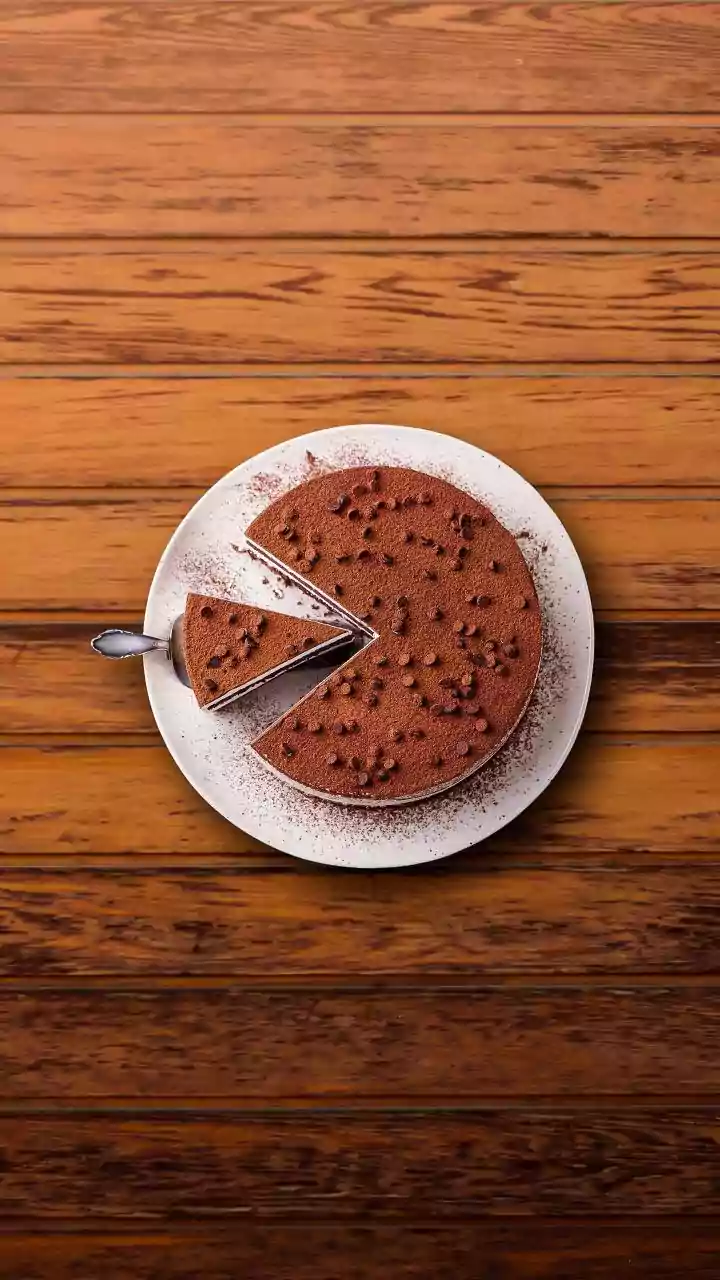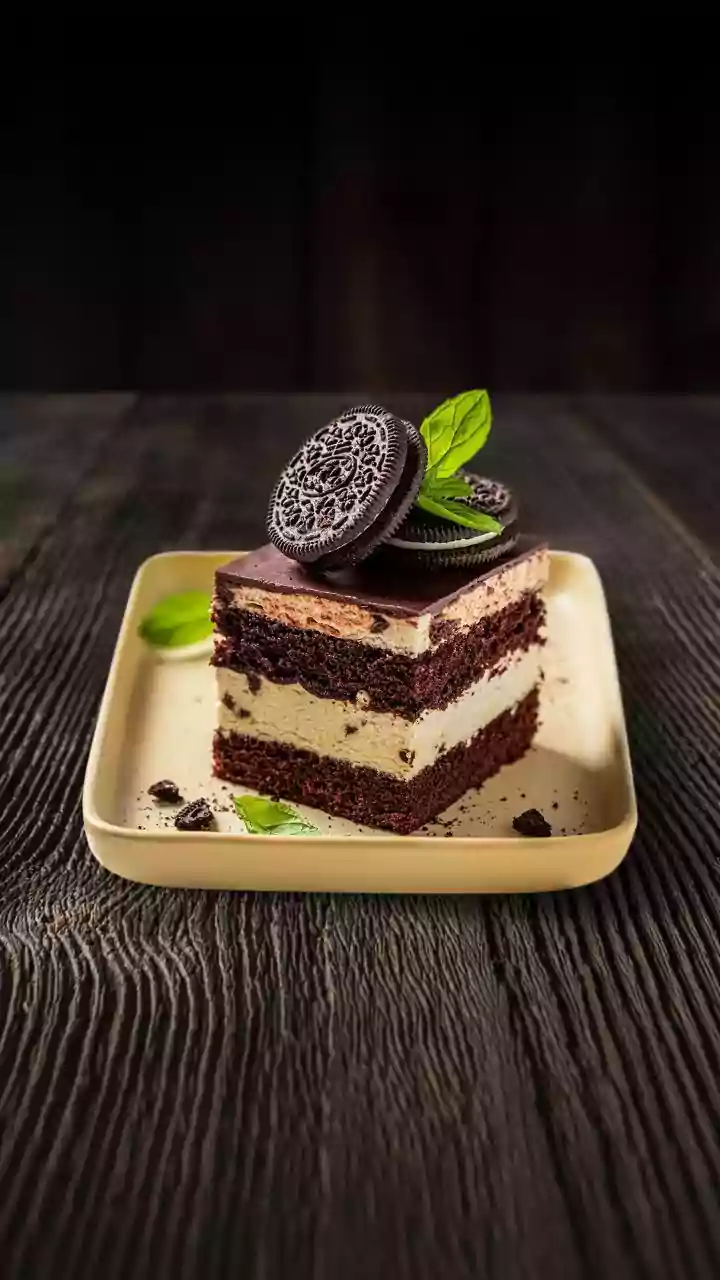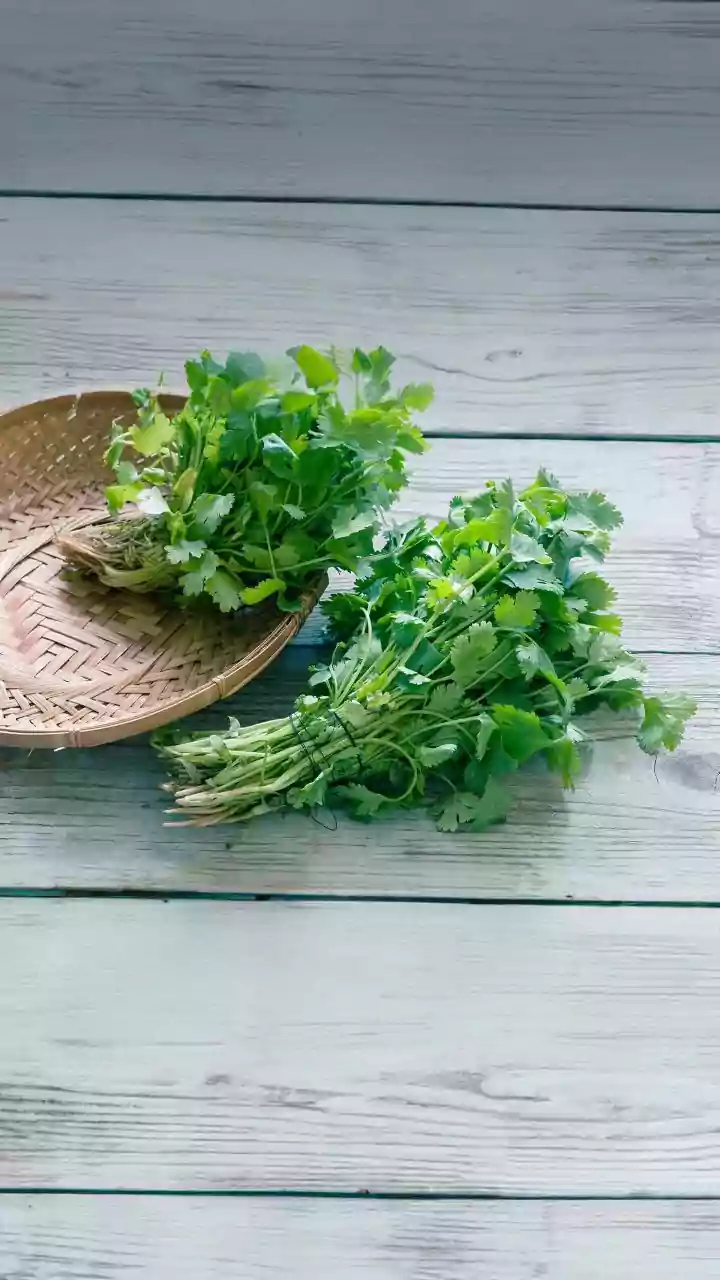Smart Food Storage
Proper food storage is the cornerstone of a well-organized kitchen, and here are some ways to do it. Begin by labeling and dating all your leftovers to prevent
food waste and keep track of freshness. Utilize clear containers for easy visibility, ensuring you can quickly find what you need. Consider using freezer-safe bags or containers for portioning meals, which saves time and prevents freezer burn. For fresh produce, learn specific storage methods, such as wrapping celery in foil or storing herbs in a glass of water. Organizing your pantry by categories, like grains, spices, and canned goods, can also help. Rotate food items using the FIFO (first-in, first-out) method, placing older items in the front to use them first. These easy strategies will not only keep your kitchen tidy but also reduce the chances of items spoiling before you can use them.
Prep Like A Pro
Preparation is the key to quick and easy cooking, especially when it comes to pre-chopping vegetables. On your days off, wash, chop, and store vegetables such as onions, peppers, and carrots in the refrigerator. This step saves valuable time during the week. Consider marinating meats or preparing sauces in advance, which not only intensifies the flavor but also reduces your work when cooking a quick dinner. Furthermore, measuring out dry ingredients for recipes and storing them in airtight containers allows you to quickly pull out your ingredients when it's time to cook. Keeping frequently used items like garlic and ginger pre-minced and stored in a container with oil is a great time-saver. Organizing your workspace with cutting boards, bowls for waste, and measuring tools close at hand will help streamline the cooking process, thereby turning a potentially lengthy session into an efficient experience.
Knife Skills Mastery
Knowing how to use your knives properly can significantly reduce your preparation time. Learn and practice basic knife cuts, such as dicing, mincing, and slicing, to become more efficient in the kitchen. Choose the right knife for the job; a chef's knife works well for most tasks, while a paring knife is suitable for smaller ingredients. Keep your knives sharp; a dull knife is dangerous and makes chopping a slow and arduous process. Maintain a safe grip by curling your fingers to protect your knuckles when cutting. When chopping, adopt the 'claw grip' to hold the food steady and guide the knife with precision. Use a cutting board that is stable and the correct size for your tasks. Consistent practice with these techniques will help you to cook quicker and more effectively, making your kitchen experience easier.
Efficient Appliance Use
Make smart decisions about using your appliances to save time and energy. For example, using a microwave for reheating or quickly cooking vegetables can be faster than using a stovetop. Pressure cookers or slow cookers are excellent for preparing meals that require a long cooking time with minimal effort. Become proficient with your air fryer; this appliance is ideal for quick cooking and uses less oil. Always read the manual and use your appliances correctly to minimize the risk of accidents. Preheating your oven only when necessary and using the right-sized cookware for your burners helps to optimize energy use. By effectively utilizing your appliances, you can significantly cut down on cooking time and make your kitchen more efficient.
Seasoning and Flavor
Enhancing flavor is fundamental to good cooking, and some hacks can help you do it quickly. Prepare spice blends and marinades in advance to add depth of flavor to your meals quickly. Keep fresh herbs on hand; you can preserve them by freezing them or storing them in oil. Taste your food as you go, so you can adjust the seasoning to your preference. Use the right amount of salt and pepper, and remember that these are the building blocks of flavor. Learn to balance flavors with acid, such as lemon juice or vinegar, to brighten up dishes. The ability to season effectively transforms simple meals into delicious ones. By making your spices, herbs, and flavor boosters easily accessible and using them with skill, you will always have flavorful meals on the table.
Smart Cleaning Habits
Keeping your kitchen clean as you cook can also save time and prevent a huge cleanup afterward. Wash dishes as you go; this is a habit that stops dirty dishes from piling up. Wipe down surfaces after each task to prevent a buildup of mess. Consider using a small trash bag in your workspace for immediate disposal of food scraps. A quick sweep of the floor after cooking will ensure your kitchen remains tidy. Before cooking, get all your tools ready so you don't have to search for them in the middle of your cooking process. Taking these simple steps will make cooking more enjoyable and prevent you from a significant cleanup. Furthermore, you can easily get back to a clean kitchen for the next cooking session.
Multi-Task Like a Pro
Multi-tasking is a useful skill in the kitchen, enabling you to prepare several parts of your meal at once. While one dish is cooking on the stovetop, utilize the oven for roasting vegetables or baking. While waiting for a pot to boil, chop vegetables or set the table. Plan your meal in advance so you can execute tasks simultaneously. Use a timer to keep track of cooking times for various dishes. Always start with the tasks that take the longest to complete. By mastering the art of multi-tasking, you can prepare a full meal in a short amount of time, which makes cooking fun and saves time.
Meal Planning is Key
Meal planning is one of the most effective hacks for simplifying your kitchen life. Plan your meals for the week, so you can prepare a grocery list and buy only what you need. Utilize leftovers for lunches or other meals to save time and reduce food waste. Consider batch cooking; prepare a large quantity of a meal, like chili or soup, to freeze for later use. Plan your week's meals around similar ingredients to reduce waste and the need to buy many items. Review your meal plan weekly and adapt it as needed based on your schedule and preferences. This proactive approach helps to ensure that you always have a plan for dinner and greatly reduces the stress of cooking every day.
Utilize Shortcuts
Embrace shortcuts when needed to simplify your cooking process. Pre-cut vegetables can save a significant amount of prep time. Consider using canned beans or pre-made sauces to simplify your recipes. Pre-cooked grains, such as quinoa or rice, can be ready-made. If you're short on time, use frozen fruits for smoothies and other quick meals. Store-bought rotisserie chicken is also a quick ingredient for many recipes. Using shortcuts reduces the total time spent in the kitchen, without compromising the quality of your food. Balance homemade elements with convenient shortcuts to make cooking more manageable.
Kitchen Organization
Having a well-organized kitchen is a vital element in making your cooking experience smoother. Keep your cooking tools and utensils close at hand by organizing them in drawers or on a utensil rack. Ensure your spices are organized and labeled, ideally stored near your cooking area. Use labeled containers to store pantry items and ingredients. Keep your countertops free of clutter, reserving them for tasks like prepping food. Arrange your refrigerator with similar items, such as dairy, produce, and meat, in specific areas. If the kitchen is organized, it reduces the time spent searching for things, allowing you to focus on cooking.





















